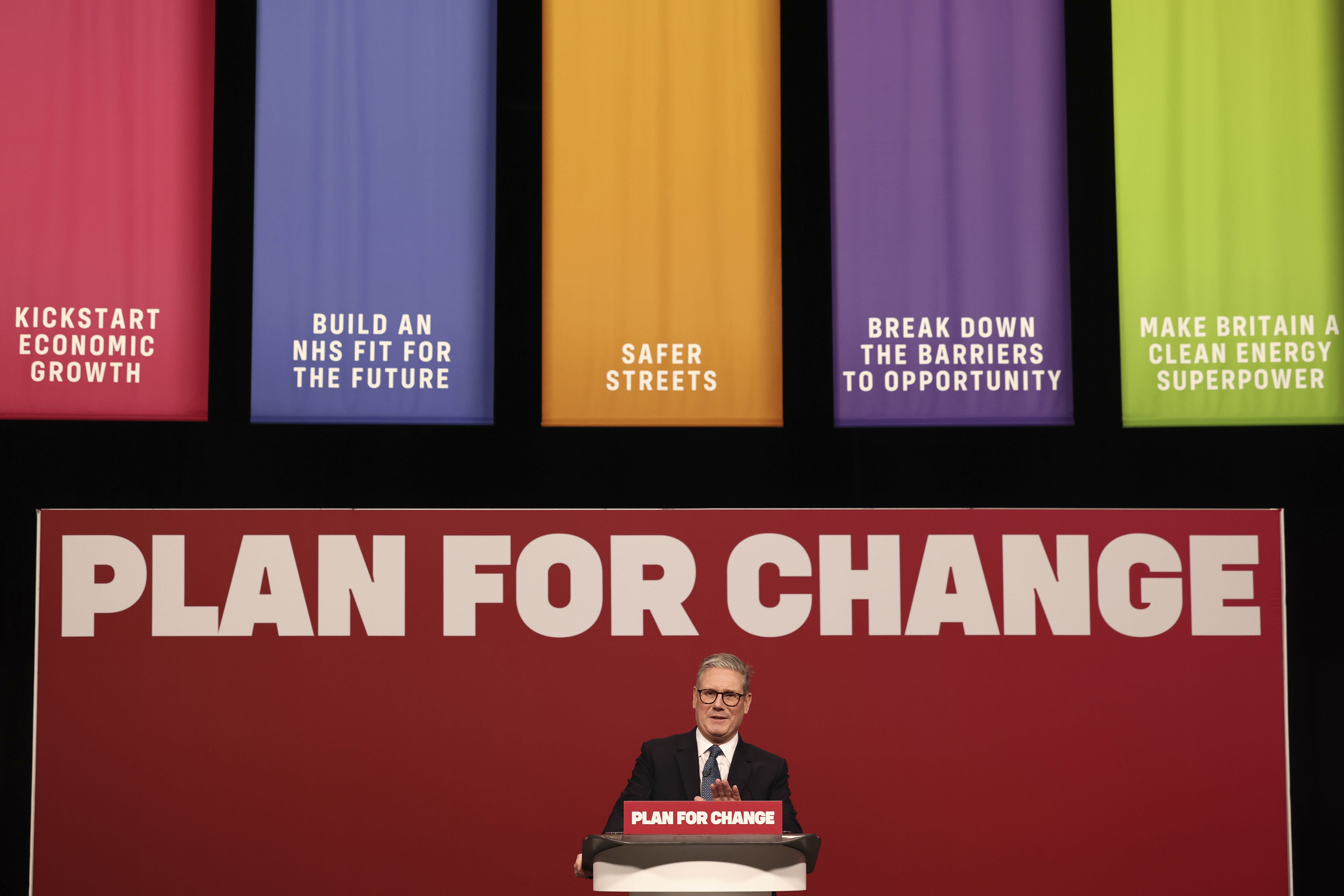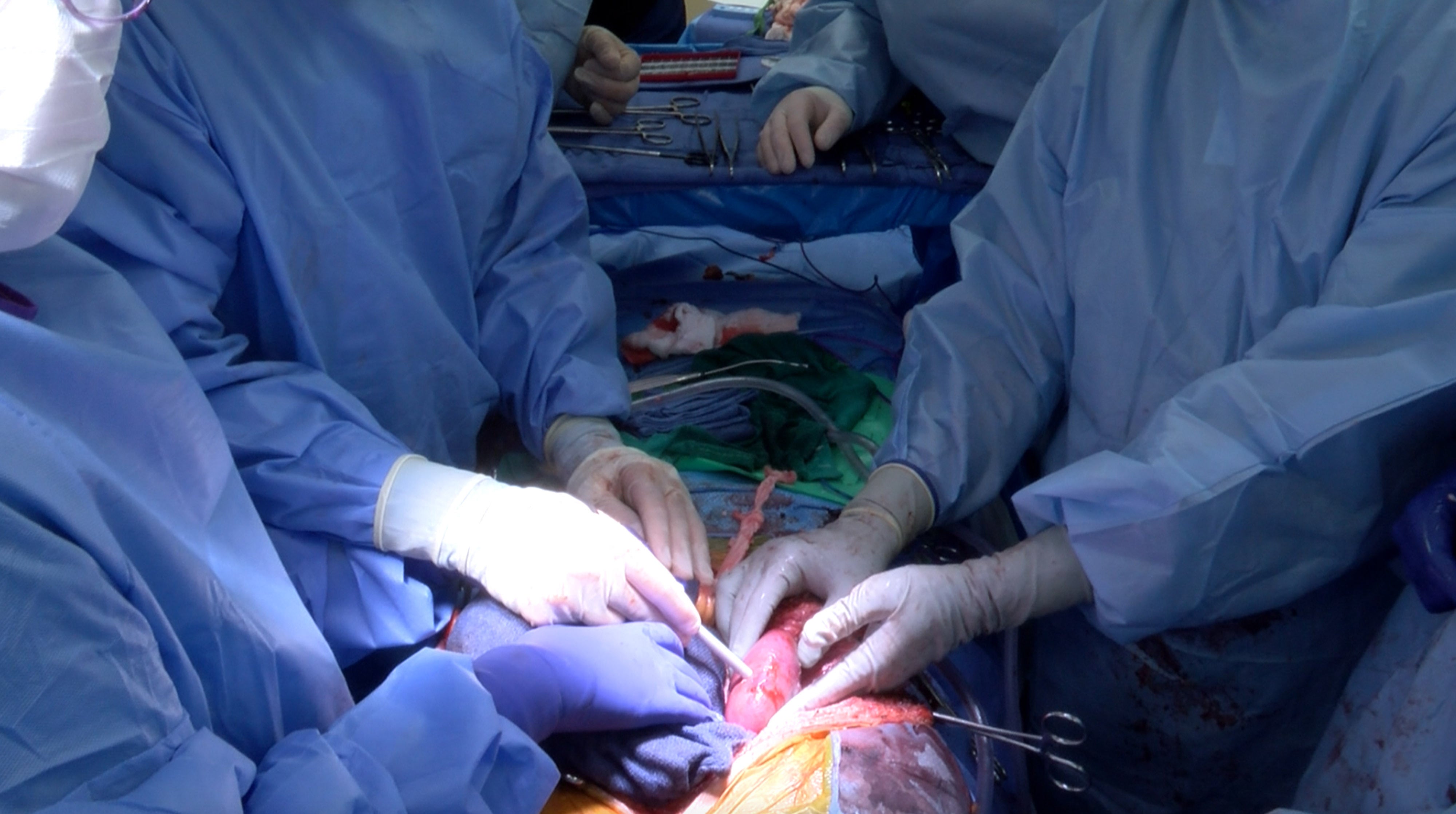
A national probe has been launched into the deaths and harm of thousands of NHS patients waiting for cardiac surgery, as doctors and experts warn of a “crisis in heart care”, an investigation by The Independent has revealed.
The audit was ordered by NHS England after concerns were raised about the impact on patients left waiting too long for specialist surgery, according to a leaked memo. Waiting times for all types of cardiac surgery are also under review.
Senior doctors have described how the NHS is struggling to provide life-saving care to those suffering heart attacks and strokes, with worsening ambulance delays meaning patients are being deprioritised.
The latest figures show waiting lists for cardiology services have doubled since the onset of the pandemic in March 2020 with 412,164 patients waiting for routine care in October 2024 – up from 397,956 the year before.
As of October this year, just 58 per cent of heart patients were seen within the NHS target of 18 weeks.
The Independent can also reveal:
Dr Sonya Babu-Narayan, clinical director at the British Heart Foundation (BHF), and consultant cardiologist, said: “Unacceptably long waits for time-critical heart care puts people at significant risk of life-long heart failure or even premature death.
“We keep seeing more people on waiting lists and a significant proportion of them waiting longer than they should. And we’ve not seen the worst of winter yet.”
She warned the government must not “become numb to this heart care crisis” and must commit to better prevention and detection to avoid more loss of life.

According to the memo leaked to The Independent, the NHS probe focuses on patients who’ve suffered harm while waiting for a specialist heart operation called transcatheter aortic valve implantation (TAVI).
This procedure – carried out on 8,000 people a year with around 2-3,000 people on the waiting list – improves the blood flow in your heart by replacing an aortic valve that doesn’t open fully.
The document said: “There are concerns deaths and other harms are occurring on the waiting list for TAVI and will be the subject of a national audit.”
Specialist cardiologists told The Independent the priority given to heart attack patients needing to be transferred urgently between hospitals had been downgraded by ambulance services to a category 3 which normally includes the elderly who have suffered falls.
In the first quarter of 2024, just 31 per cent of urgent patients were transferred to specialist units by ambulance within the target of 150 minutes.
According to figures shared with The Independent, 20 per cent of patients are not getting treated for over five hours.

Professor Mamas Mamas, consultant cardiologist in Stoke and Professor of Cardiology at Keele University, said ambulance responses for heart attack care had become “unacceptable”.
“In a so-called first-world country, this is having a major impact on patients,” he said. “These patients will be at a greater risk of heart failure in the future.
“You can completely change someone’s trajectory ... and leave them with a lifetime disability just because you can’t transfer them in time.”
The NHS consultant also warned hospitals are being forced to consider a “retrograde” option of using clot-dissolving drugs used two decades ago because people are waiting so long.
“It’s something that we used to use two decades ago,” he said. “We’re going backwards instead of going forward just to deliver basic care for patients. “
Eight-month wait
Dorothea Went, a retired primary school teacher and mother-of-three from Chelmsford, waited eight months for an urgent operation this year after doctors diagnosed her with critical aortic stenosis – where blood flow through the heart is restricted.
Despite being seen by a specialist heart surgeon in October 2023 she did not have surgery until May 2024.

“By the end, I struggled with absolutely everything,” she said. “With my breathing at night, walking more than 20 steps, going up and down stairs, even getting around the supermarket. I couldn’t play games with my grandson anymore.
“It’s like being in the queue and there’s always somebody who steps in front of you and pushes you back.”
She said her sonographer was “dumbfounded” at the way she had been left to deteriorate and the surgeon who saw her in May told her: “We’ve failed you; we shouldn’t have left you this long.”
“If the surgery had been done within weeks, it could have made a lot of difference. I don’t think I’ll ever be quite right again. I think that’s why I can’t walk that fast anymore, I’m still struggling.”
Ms Went’s story comes after several coroners raised concerns over patients dying whilst waiting for heart procedures.
James Cockburn died in August 2022 while waiting for open heart surgery after being on a list for nine months.
Coroner Alison Mutch said the delays in Manchester reflected “a national picture of significant delays in patients waiting to see a cardiologist”.
In a separate inquest, a Manchester coroner warned cardiac patients were waiting more than 40 weeks for their first appointments.
‘The ambulance transfer has been an absolute debacle’
Dr David Hildick-Smith, president of the British Cardiovascular Society, told The Independent that waiting times were largely driven by a lack of beds and the “collapse of social care.”
He said: “Previously, we used to have reasonably good social care in the UK. After Brexit, we lost huge numbers of people who were in the caring professions in the community.
“Having availability to get patients out of hospital who are essentially medically fit to go, but just don’t really have anywhere to go is a massive problem. Hospitals are massively overrun.
He also warned: “The ambulance transfer has been an absolute debacle – it has a definite impact on mortality.
“If you turn up to the wrong hospital with your heart attack, you may end up not getting the treatment that you should have got, and you may die as a result.
“They’re categorised as being in a place of safety, by ambulance service, which is ludicrous, because they might as well be in a taxi, you know, or home because they’re getting no treatment.”
An NHS spokesperson said: “Patients who come to emergency departments with heart attacks and strokes should be transferred as quickly as possible to units that are able to offer this care and prioritised accordingly.
“Despite significant pressure on services and thanks to staff across the country, the NHS is making good progress with the overall waiting list coming down, however, we know boosting capacity for cardiovascular care remains crucial to improving outcomes.
“We’re committed to using innovations like surgical hubs and implementing the “right procedure, right place model” to help release capacity and speed up access for patients.”







